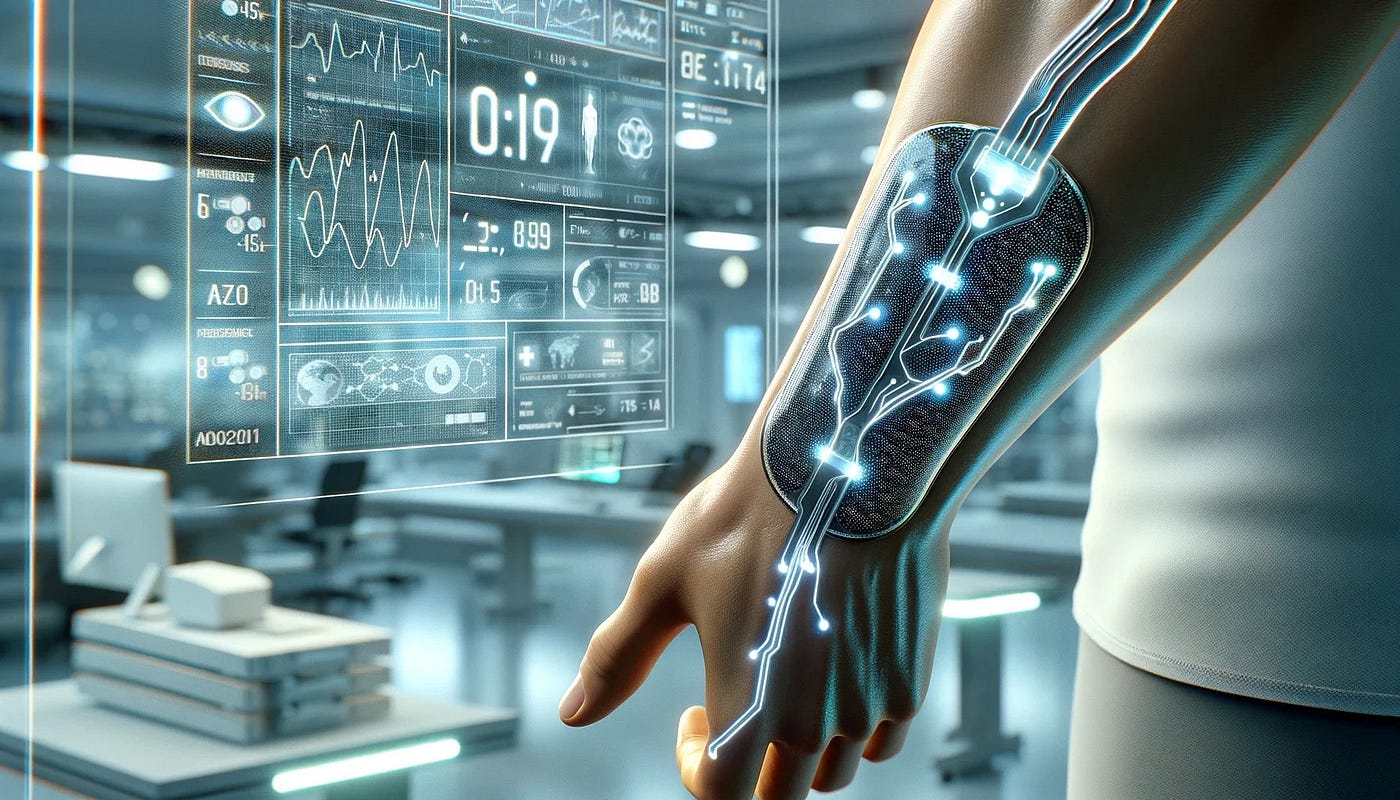Introduction: The Growing Role of AI in Healthcare
Artificial Intelligence (AI) has moved beyond science fiction to become a cornerstone of modern healthcare. By enabling the processing of vast amounts of data at lightning speed, AI is enhancing the ability to diagnose diseases, predict outcomes, and personalize patient care. As AI continues to evolve, its potential to transform healthcare is immense, promising improvements in efficiency, cost-effectiveness, and patient outcomes.
AI in Diagnostics: Revolutionizing Disease Detection
One of the most impactful uses of AI in healthcare is in diagnostics. Machine learning algorithms are being trained to detect diseases faster and with greater accuracy than traditional methods. For example, AI tools are increasingly being used to detect conditions such as cancer, heart disease, and neurological disorders. Deep learning algorithms analyze medical images—such as X-rays, MRIs, and CT scans—and identify abnormalities, often spotting issues earlier than a human doctor might.
In some studies, AI has demonstrated the ability to outperform radiologists in detecting specific conditions, offering the promise of early detection and better prognosis.
AI in Personalized Medicine: Tailoring Treatments to Individuals
AI’s role in personalized medicine is another area where it is making a significant impact. Personalized medicine involves tailoring medical treatments to the individual characteristics of each patient, such as their genetic makeup, lifestyle, and environment. With AI, doctors can analyze vast datasets from clinical trials, genetic studies, and patient histories to identify the most effective treatments for a specific patient.
AI-driven platforms are also improving drug discovery processes by predicting how a particular drug will interact with a patient’s unique genetic profile. This leads to more targeted treatments, fewer side effects, and overall better outcomes.
AI in Predictive Healthcare: Forecasting Future Health Risks
Predictive analytics powered by AI is revolutionizing preventive healthcare. By analyzing historical medical data, AI can identify patterns and predict future health risks. For instance, AI can predict the likelihood of a patient developing chronic conditions like diabetes or cardiovascular disease based on their lifestyle and medical history.
These predictive models allow healthcare providers to implement early intervention strategies, such as lifestyle changes or preventive treatments, that can significantly reduce the risk of disease. Early detection and intervention not only improve patient health outcomes but also reduce the overall cost of healthcare.
AI in Healthcare Administration: Streamlining Operations
AI is also streamlining healthcare administration, reducing overhead costs and improving efficiency. For example, AI systems can help with scheduling, patient triage, and resource allocation. Automation tools are used to handle routine administrative tasks like billing, appointment scheduling, and managing patient records. This reduces the burden on healthcare staff, allowing them to focus more on direct patient care.
AI chatbots are also being used to communicate with patients, answer queries, and provide basic health information, helping to reduce wait times and improve patient experience.
Ethical Considerations in AI Healthcare
While AI offers numerous benefits, it also raises ethical concerns that need to be addressed. Issues like data privacy, the potential for algorithmic bias, and the need for human oversight are at the forefront of discussions on AI in healthcare. Ensuring that AI systems are transparent, fair, and secure is crucial to maintaining trust in these technologies.
AI systems are only as good as the data they are trained on, and if that data is biased, it can lead to incorrect or harmful decisions. To mitigate these risks, ongoing monitoring and updating of AI systems are necessary to ensure they are aligned with ethical standards and clinical guidelines.
The Future of AI in Healthcare
The future of AI in healthcare is exciting. As technology continues to improve, we can expect even more sophisticated AI tools that will revolutionize every aspect of healthcare, from diagnosis and treatment to prevention and administration. However, it’s essential that AI is integrated thoughtfully, with a focus on ensuring its benefits are shared equitably and that patient privacy and autonomy are protected.
Some promising advancements include:
- AI-powered robots assisting with surgeries and medical procedures.
- Real-time health monitoring through wearable devices.
- AI-driven decision support systems for doctors to improve patient care.
Conclusion: AI is the Future of Healthcare
Artificial Intelligence is undoubtedly transforming healthcare, bringing unprecedented improvements to patient care, diagnostic accuracy, and administrative efficiency. While challenges remain, the potential benefits of AI in healthcare are vast. As the technology evolves, AI will become even more integral to the healthcare industry, leading to better health outcomes and a more efficient system.



0 Comments